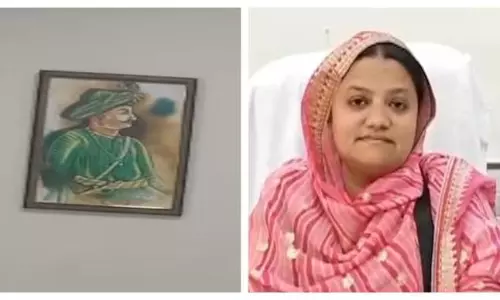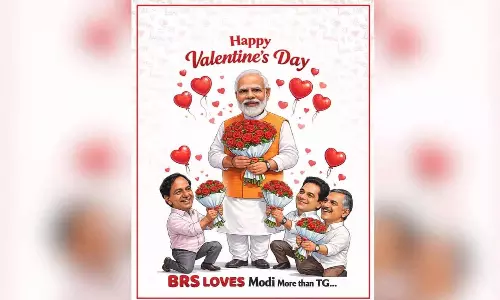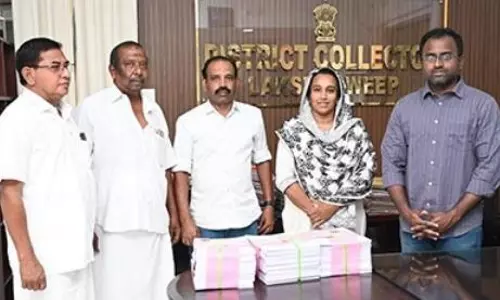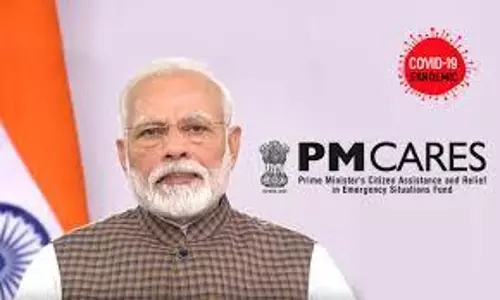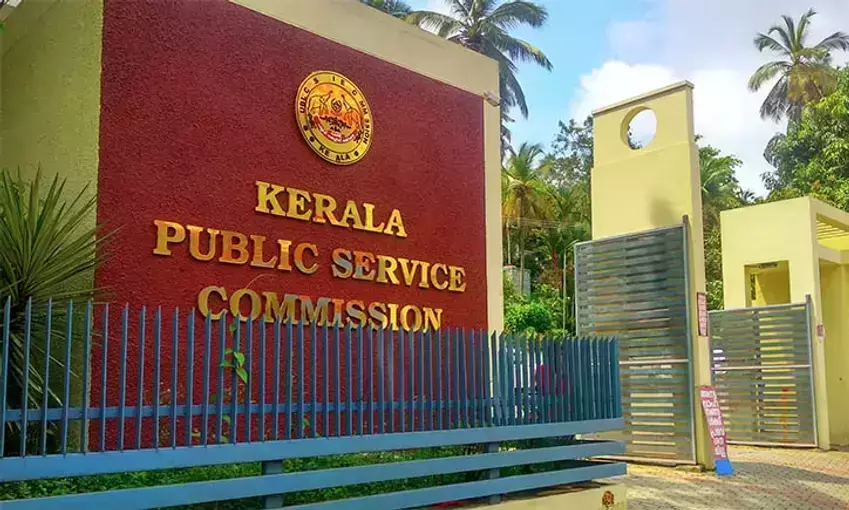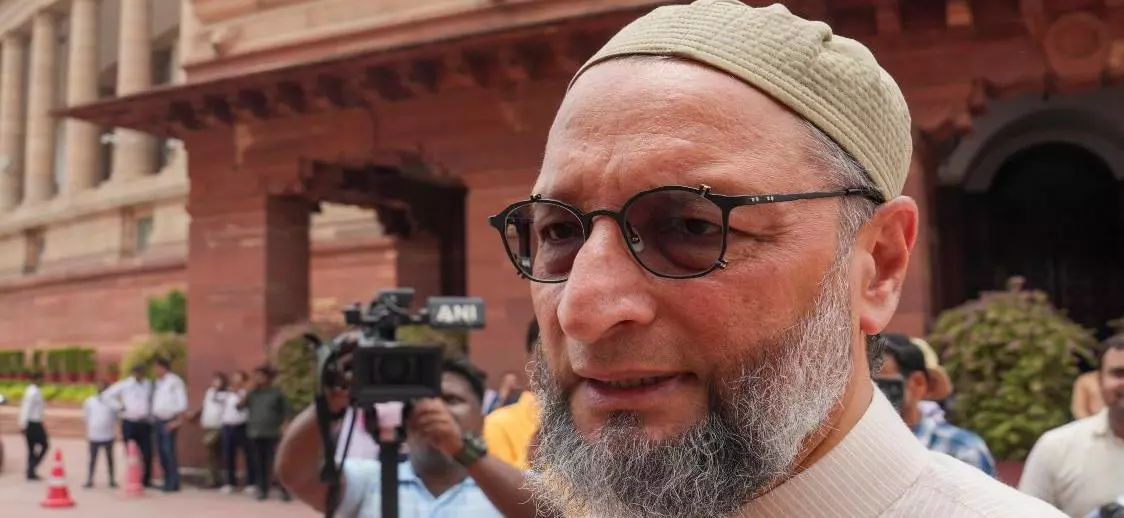
SC to hear on Jan 2 Asaduddin Owaisi's plea on places of worship law
text_fieldsNew Delhi: The Supreme Court on January 2 is scheduled to consider a plea from AIMIM head Asaduddin Owaisi to implement the 1991 places of worship law, which calls for preserving the religious identity of a place as it existed on August 15, 1947.
On December 17, 2024, lawyer and MP Owaisi, the leader of the All India Majlis-e-Ittehadul Muslimeen, submitted the plea through counsel Fuzail Ahmad Ayyubi.
On December 12, however, a bench headed by Chief Justice Sanjiv Khanna while acting on a batch of similar pleas against the 1991 law, restrained all courts from entertaining fresh suits and passing any interim or final orders in pending cases seeking to reclaim religious places, particularly mosques and dargahs, PTI reported.
"As the matter is sub-judice in this court, we deem it appropriate that no fresh suit would be registered and proceedings are undertaken till further orders of this court," the CJI-led bench had said.
As a result, the top court stalled the proceedings in about 18 lawsuits filed by various Hindu parties seeking surveys to ascertain the original religious character of 10 mosques, including Gyanvapi at Varanasi, Shahi Idgah Masjid at Mathura besides Shahi Jama Masjid at Sambhal where four persons' lives were snuffed out in clashes.
The special bench, also comprising Justices Sanjay Kumar and K V Viswanathan, was hearing about six petitions, including the lead one filed by lawyer Ashwini Upadhyay, challenging various provisions of the Places of Worship (Special Provisions) Act, 1991.
One of the contentions was that the provisions took away the right of judicial remedy to reclaim a place of worship of any person or a religious group.
The 1991 law prohibits the conversion of any place of worship and provides for the maintenance of the religious character of any place of worship as it existed on August 15, 1947.
Owaisi, in his plea, has sought a direction from the Centre to ensure effective implementation of the law, said his counsel.
He also referred to instances where several courts had ordered a survey of mosques on pleas by Hindu litigants, he said. It is likely that the top court would on January 2 tag Owaisi's plea with the pending matters for hearing.
Pleas of the Muslim side have also sought strict implementation of the 1991 law to maintain communal harmony and to preserve the present status of mosques, sought to be reclaimed by the Hindu side saying temples existed in these places before invaders razed them.
The Gyanvapi Mosque management committee had moved the apex court to oppose several pending petitions that challenge the constitutional validity of the 1991 law.
It listed a series of contentious claims made over the years concerning various mosques and dargahs, including the Shahi Idgah Masjid in Mathura, the Quwwat-ul-Islam Mosque near Delhi's Qutub Minar, the Kamal Maula Mosque in Madhya Pradesh, and others.
The petitions challenging the law were filed with "mischievous intent" to facilitate lawsuits against these religious sites, which the 1991 Act currently protected, the committee said.




